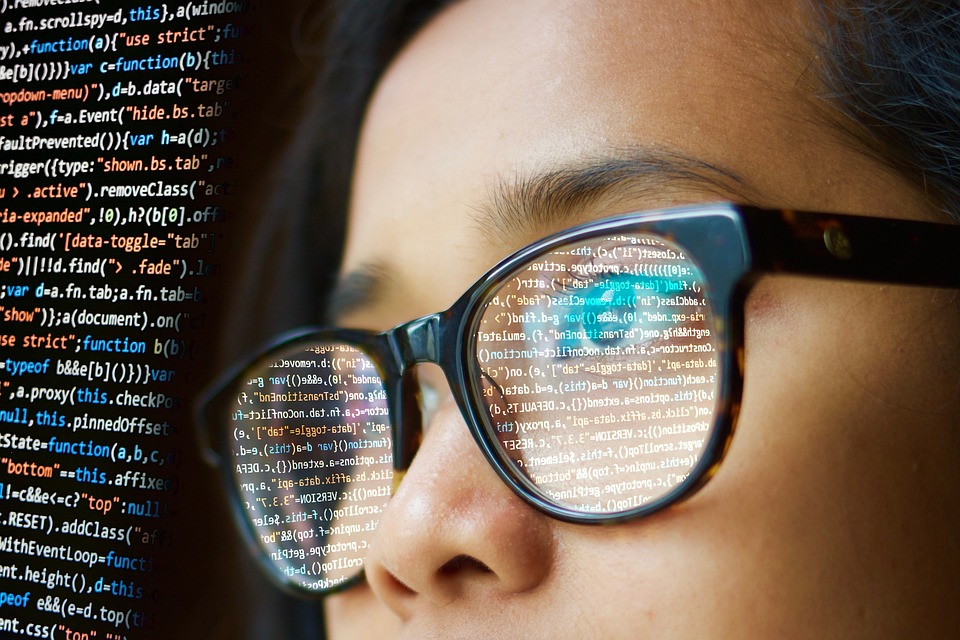Women in Tech: Inspiring Stories from Female Programmers
In recent years, the technology sector has witnessed a remarkable transformation, not just in terms of innovation and advancements but also in the way women are participating and leading within the field. Despite challenges, female programmers have continuously broken barriers, bringing their unique perspectives, creativity, and resilience to the tech landscape. This article celebrates the inspiring stories of women in tech who are making a significant impact in their industries.
The Rise of Female Programmers
Historically, women have played a pivotal role in computing. Pioneers like Ada Lovelace — often considered the first computer programmer — laid the groundwork long before modern technology emerged. Yet, for decades, the tech industry remained male-dominated. Today, however, we are seeing a resurgence of women entering the field, driven by passion, determination, and a desire for change.
Inspiring Stories
-
Ada Lovelace: The Pioneer
Ada Lovelace’s groundbreaking work on Charles Babbage’s early mechanical general-purpose computer, the Analytical Engine, laid the foundation for modern programming. Her contributions highlight the essential role of women in tech, proving that female influence in this space is not new but deeply rooted in history. -
Reshma Saujani: Founder of Girls Who Code
Reshma Saujani, the founder of Girls Who Code, has dedicated her career to closing the gender gap in technology. Her organization empowers young girls by providing them with the skills and confidence necessary to thrive in a tech-driven world. Saujani’s commitment to advocacy has led thousands of girls to pursue coding, proving that representation matters. -
Kimberly Bryant: Tech Activist and Founder of Black Girls CODE
Kimberly Bryant recognized the intersectionality of race and gender in tech, leading her to create Black Girls CODE. Her organization aims to increase the number of women of color in tech, particularly in programming and engineering. Bryant’s work has inspired a generation, enabling them to envision a future in technology and innovation. -
Danielle Feinberg: Director of Photography at Pixar
As the Director of Photography for Lighting at Pixar Animation Studios, Danielle Feinberg blends the worlds of technology and artistry. Her work on films such as "Finding Nemo" and "Coco" demonstrates how programming can be a powerful tool for storytelling. Feinberg advocates for women in tech and has been instrumental in encouraging young girls to harness their creativity through programming. -
Joy Buolamwini: Algorithmic Justice League
Joy Buolamwini’s advocacy for ethical AI is both groundbreaking and crucial in today’s technology landscape. Through her work with the Algorithmic Justice League, she exposes bias in artificial intelligence systems. Buolamwini’s efforts aim to ensure that technology is developed responsibly and equitably, making her a significant voice in the fight for diversity in tech. - Dame Stephanie Shirley: Entrepreneur and Philanthropist
A prominent figure in the UK tech sector, Dame Stephanie Shirley founded a successful software company in the 1960s that employed women who wanted to balance work and family. Her story is a potent reminder of the importance of inclusivity in the workplace. Currently, she focuses on philanthropy, particularly in supporting STEM education for girls.
Overcoming Challenges
While these stories inspire hope, they also reflect the persistent challenges women in tech face, including bias, pay gaps, and a lack of representation in leadership roles. Organizations and initiatives that promote mentorship, support networks, and education have become vital in combating these issues.
The Future is Bright
Looking ahead, the narrative of women in tech is poised for further positive change. Companies are increasingly recognizing the importance of diverse teams and the value women bring to innovation. Initiatives aimed at encouraging young girls to pursue STEM (Science, Technology, Engineering, and Mathematics) education are gaining traction, fostering a new generation of female programmers who will continue to shape the industry.
Conclusion
The stories of women in tech serve as a powerful reminder of the impact, creativity, and strength they bring to the field. As more female programmers share their experiences, encourage growth and forge paths for others, the tech industry is not only becoming more innovative but also more inclusive. Celebrating and supporting these narratives is crucial to ensuring that the future of technology is not only bright but also diverse and equitable.



